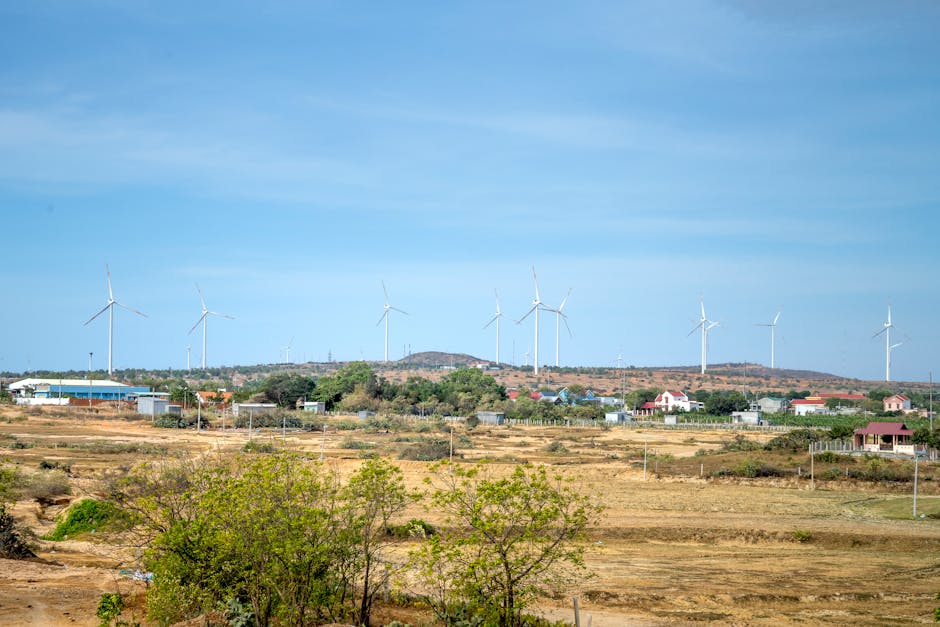
Sustainable Agriculture - A Path Towards a Greener Future
Sustainable Agriculture - A Path Towards a Greener Future
Sustainable agriculture is an essential practice that aims to meet the needs of current and future generations while preserving the environment. It focuses on reducing the negative impact of agriculture on ecosystems, promoting biodiversity, and ensuring the long-term availability of natural resources. Embracing sustainable agriculture practices is crucial to achieving a greener and more sustainable future for all.
One of the key aspects of sustainable agriculture is minimizing the use of synthetic inputs such as pesticides and fertilizers. Instead, organic and natural alternatives are utilized to maintain the health of crops and soil. This not only reduces the pollution of water bodies and soil degradation but also safeguards human health.
Another important component of sustainable agriculture is crop rotation and diversification. By cultivating a variety of crops, farmers can naturally manage pests and diseases, reduce soil erosion, and improve soil fertility. This approach also promotes biodiversity and helps in maintaining a balanced ecosystem.
Water management is a critical aspect of sustainable agriculture. Efficient irrigation techniques, such as drip irrigation, are employed to minimize water wastage. Additionally, rainwater harvesting and storage are encouraged to meet the water demands of crops during dry spells or droughts. By using water resources efficiently, sustainable agriculture mitigates the strain on local water systems and ensures their long-term availability.
Moreover, sustainable agriculture promotes agroforestry, which involves integrating trees and shrubs in agricultural systems. Agroforestry provides multiple benefits, including soil conservation, carbon sequestration, and habitat creation for beneficial insects and wildlife. It also helps in reducing greenhouse gas emissions and combating climate change.
Supporting small-scale farmers and local communities is essential for the success of sustainable agriculture. Encouraging fair trade practices, providing access to markets, and promoting education and training on sustainable farming techniques are vital to empower farmers and promote economic growth.
In conclusion, sustainable agriculture plays a crucial role in promoting environmental conservation and a greener future. By adopting sustainable practices such as minimizing synthetic inputs, crop rotation and diversification, efficient water management, and agroforestry, we can ensure the long-term viability of our planet's resources while meeting the needs of a growing population. Embracing sustainable agriculture is not just a necessity but a responsibility towards securing a better tomorrow.
